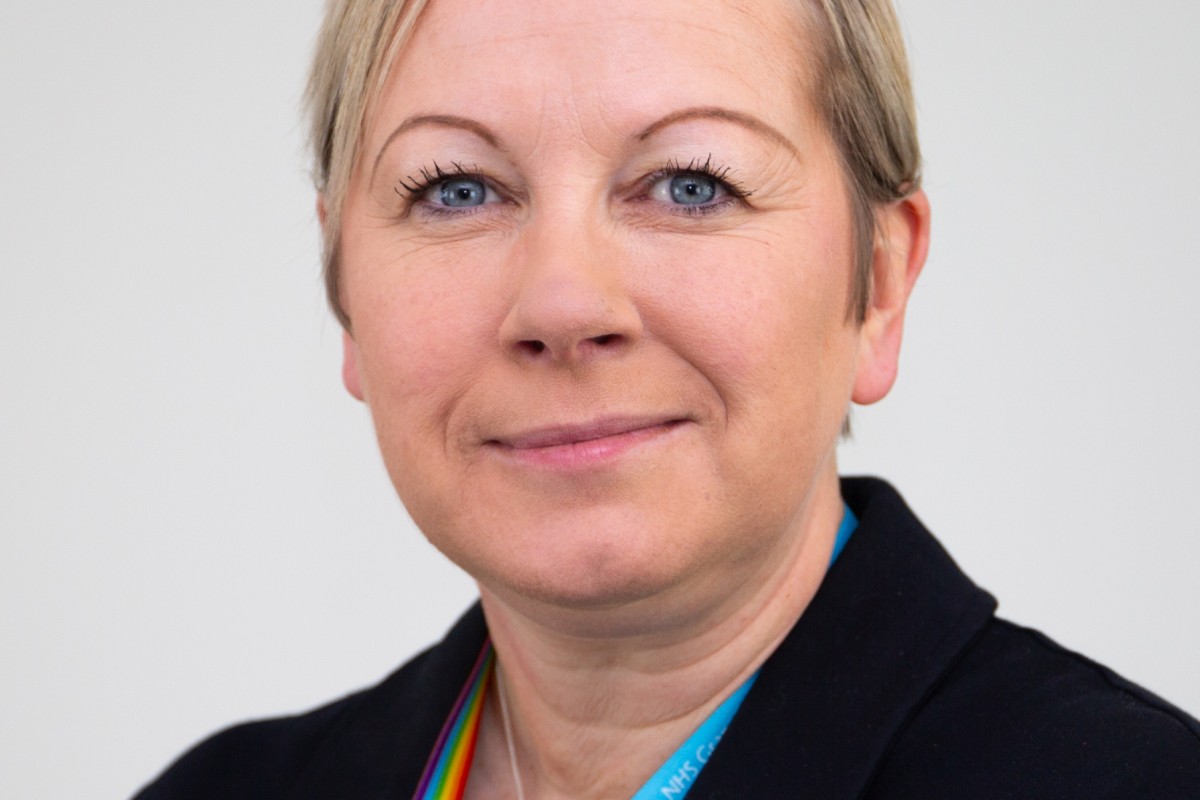Hygiene has always been a frontline defence against infection within healthcare environments, but its role is now expanding. Estates and facilities leaders in these spaces face increasing pressures, not only to protect public health, but also to align operations with environmental, social and governance (ESG) goals.
Scalable hygiene solutions offer a practical way to address all these priorities at once - helping to reduce waste, cut carbon emissions, strengthen operational resilience and improve accessibility and wellbeing.
Healthcare providers generate vast volumes of waste annually. NHS trusts alone produce around 156,000 tonnes of clinical waste, much of which is unavoidable and requires specialist treatment, driving up both cost and carbon emissions. However, not all healthcare waste is clinical. Facilities teams can make meaningful progress towards ESG goals by targeting non-clinical waste streams, such as washrooms, without compromising hygiene standards.
Hygiene solutions that minimise consumption and cut single-use plastics provide a clear route to measurable progress. Choosing products with reduced packaging, recyclable materials and longer refill cycles lowers the volume of non-clinical waste entering disposal streams. When paired with touch-free or smart dispensing systems, the impact is amplified.
By controlling usage, estates teams can prevent overconsumption, cut replenishment demands and support compliance with waste management standards, all while conserving resources. Treating hygiene as a strategic ESG tool rather than a routine cost enables estates to link everyday waste reductions to wider sustainability goals.
As well as environmental benefits, procurement decisions also play a critical role in shaping social value and building ethical supply chains. According to international law firm, Clifford Chance, healthcare facilities are increasingly prioritising social value, from equitable access to supply chain integrity. By sourcing products from transparent and responsible suppliers, estates teams can address the social and governance dimensions of ESG. This includes ensuring fair labour practices, supporting diversity within supplier networks and choosing partners who demonstrate long-term commitment to social value practices. Opting for responsibly sourced paper products that reduce reliance on virgin fibres, which have a high carbon footprint and contribute to deforestation, not only helps to cut waste but signals a clear commitment to social responsibility.
When scalable hygiene systems are paired with ethical procurement and supplier partnerships, ESG pledges move from paper to practice. The result is stronger supply chain resilience, greater stakeholder confidence and healthcare environments that actively contribute to social wellbeing.
Delivering social value through accessibility and equity is equally important. Hospitals and other healthcare facilities are expected to create environments that enhance wellbeing and ensure equal access for all and hygiene systems are a practical enabler of this.
True inclusivity goes beyond compliance. Features such as touch-free paper dispensers, which avoid the noise impact of hand dryers, reduce stress for those with sensory sensitivities, while intuitive layouts and clear signage support independence for people with mobility challenges. By embedding inclusivity into hygiene systems, providers not only meet accessibility standards but also demonstrate commitment to equity and wellbeing.
Clean, well-stocked and thoughtfully designed washrooms also send a powerful signal about the standards of care a facility upholds. For staff, efficient systems play an equally vital role. Refillable solutions supported by smart monitoring reduce the need for frequent manual checks and restocking, easing operational pressures and freeing teams' time and resources to support better patient care.
This approach shapes the experience of patients and visitors and staff alike, building trust and demonstrating clear alignment with accessibility legislation and ESG goals.
For estates and facilities management teams operating under tighter budgets and rising patient demands, compliant and efficient hygiene systems offer a practical way to achieve these goals without adding financial strain.
High-capacity, long-lasting dispensing systems reduce maintenance demands and refill frequency, freeing resources while standardising product ranges across sites streamlines procurement and lowers administrative workloads. Together, these minimise the risk of stock shortages, cut operational waste and drive overall efficiency.
At the same time, scalable innovations, like paper hygiene products made from renewable and recycled fibres, support sustainability while strengthening supply chain resilience.
By reducing dependence on volatile raw material markets, these products help ensure continuity of supply and long-term value for healthcare providers.



